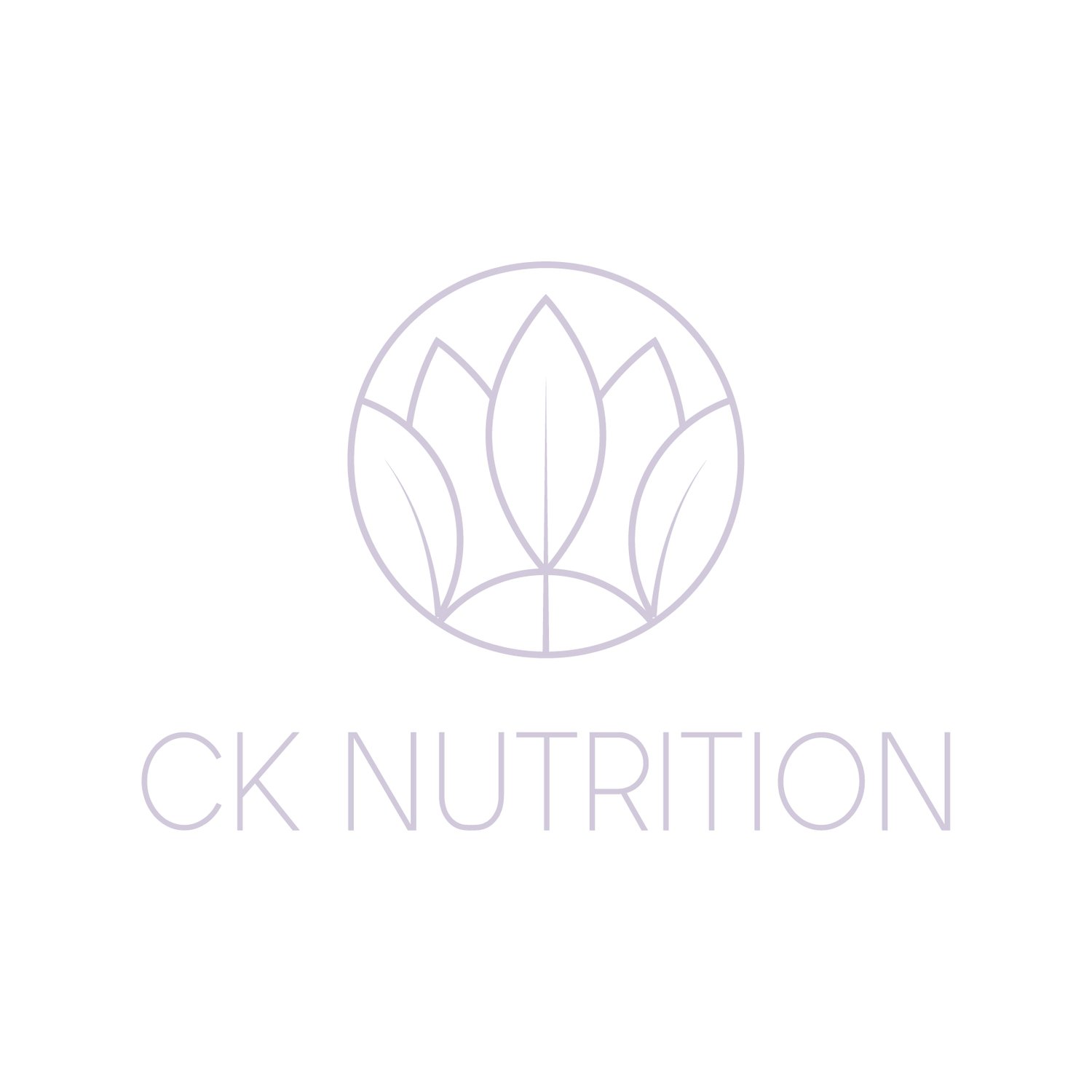Tracking Macros for Weight Loss: Is It Worth It?
If you’re trying to lose weight, you’ve probably heard about tracking macros—short for macronutrients, which are the nutrients your body needs in large amounts, like protein, carbs, and fat. But is it truly necessary for weight loss, or can you achieve your goals without the extra math? Let’s break it down.
Is Tracking Macros Necessary for Weight Loss?
For most people, the answer is no—except when it comes to protein. If you’re someone who struggles to eat enough protein (which is highly individual), tracking might be a game-changer. Here’s why:
When you're in a calorie deficit, your body burns stored energy, including fat and, unfortunately, sometimes muscle. Without enough protein in your diet, you may lose more muscle than you’d like, which can impact your metabolism and strength.
GLP-1 agonists are medications often prescribed for weight loss, and some critics caution that they may lead to muscle loss. However, this isn’t unique to these medications—it’s a common concern during any weight loss journey. The good news? Muscle loss can be prevented by eating enough protein and incorporating resistance training (yes, you also have to use your muscles!).
Why Protein Matters During Weight Loss
Most people eat enough protein to prevent deficiency, but not enough to preserve muscle during weight loss or as they age. Muscle loss doesn’t just happen during a diet; it begins as early as age 30 due to hormonal changes, reduced physical activity, and shifts in nutrition, such as consuming fewer calories, insufficient protein, or inadequate overall nutrients. Prioritizing a balanced diet that includes enough high-quality protein, along with resistance training, can help mitigate this loss.
If your goal is to be 80, playing pickleball, and getting out of a chair independently, going above the bare minimum to prevent deficiency would be ideal. Protein is your ally in staying strong and active, both now and in the future.
How Much Protein Do You Really Need?
Here’s a quick guide to protein recommendations:
Protein Recommendations:
Healthy adults: 1.0–1.2 g/kg (0.45–0.54 g/lb) to maintain muscle.
Older adults or active individuals: 1.2–2.0 g/kg (0.54–0.9 g/lb) to prevent muscle loss.
Weight loss: 1.6–2.2 g/kg (0.7–1.0 g/lb) to preserve muscle while in a calorie deficit.
Think of protein as the building block that protects your muscle during weight loss and helps keep you strong as you age.
A note on special circumstances: If you have kidney disease, your doctor may recommend a reduced protein intake. Always defer to your healthcare provider if you have specific concerns or medical conditions.
The Bottom Line
Tracking macros isn’t essential for everyone, but paying attention to your protein intake can make a big difference. If you’re unsure where to start, consider consulting a nutritionist (like me) to tailor your nutrition plan to your goals.
By focusing on protein and adding resistance training, you can achieve weight loss without sacrificing muscle—and set yourself up for long-term strength and independence.
